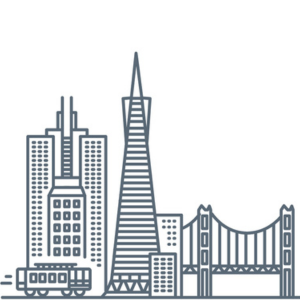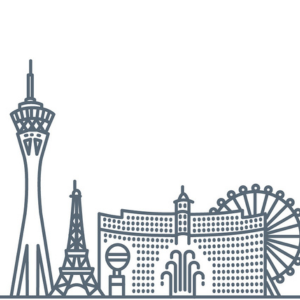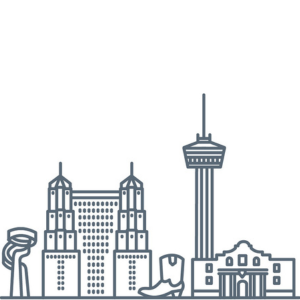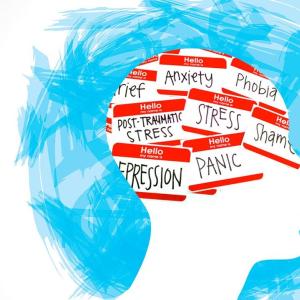The Industrial Revolution
The Industrial Revolution, which began in the late 18th century and continued into the 19th century, marked a profound shift in human history, bringing about significant social, economic, and cultural changes. This period of rapid industrialization and technological advancement had far-reaching impacts on society, transforming the way people lived, worked, and interacted with each other and their environment.
One of the key aspects of the Industrial Revolution was the transition from agrarian economies based on manual labor and agriculture to industrial economies characterized by mechanization and factory production. This shift led to the rise of urban centers as industrial hubs, attracting rural populations seeking employment in factories and urban industries. Urbanization brought about massive demographic changes, with cities growing in size and diversity, leading to new social dynamics and challenges.
The Industrial Revolution also spurred significant technological advancements across various sectors, revolutionizing manufacturing processes, transportation, and communication. Innovations such as the steam engine, mechanized textile production, and the telegraph transformed industries, increased productivity, and expanded markets, laying the foundation for modern industrial economies.
However, along with these advancements came social and economic challenges. The working conditions in factories and mines were often harsh, with long hours, low wages, and unsafe environments leading to widespread labor exploitation and discontent. This sparked the emergence of labor movements and trade unions advocating for workers' rights, improved working conditions, and fair wages, ultimately shaping the trajectory of labor relations and social reforms.
The Industrial Revolution also had profound cultural impacts, influencing artistic movements, social norms, and lifestyle trends. The rise of industrial capitalism and consumerism led to changes in consumption patterns, with mass-produced goods becoming more accessible to the general population. This shift in consumer culture gave rise to new forms of entertainment, leisure activities, and urban lifestyles, contributing to the emergence of a distinct urban culture.
Moreover, the Industrial Revolution had environmental consequences, including pollution, deforestation, and resource depletion, highlighting the interconnectedness of industrial development and environmental sustainability. These environmental challenges spurred calls for conservation efforts, environmental regulations, and sustainable practices, shaping modern debates on environmental stewardship and sustainable development.
In summary, the Industrial Revolution brought about profound social, economic, and cultural changes, including urbanization, labor movements, technological advancements, and environmental challenges. Its legacy continues to influence contemporary society, underscoring the ongoing quest for balance between industrial progress, social justice, and environmental responsibility.








































